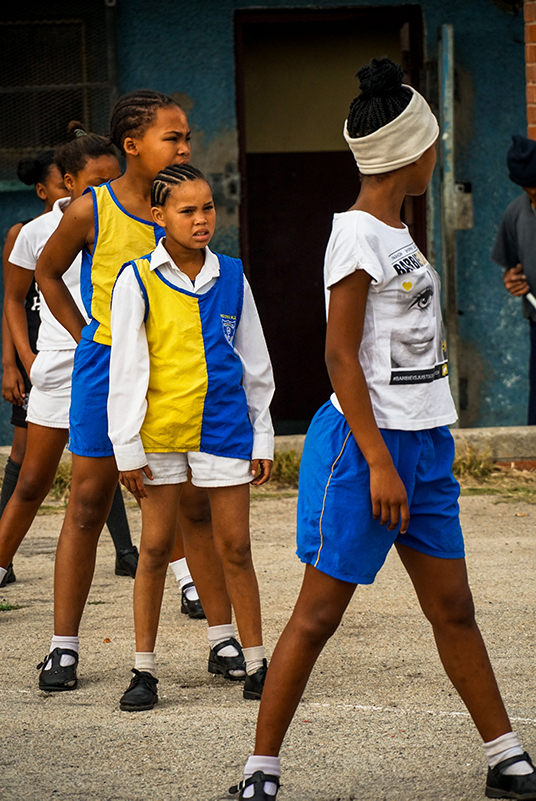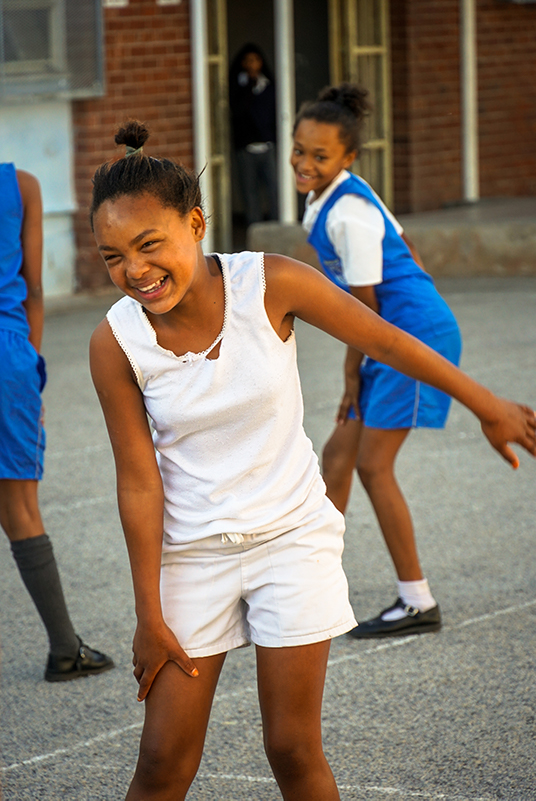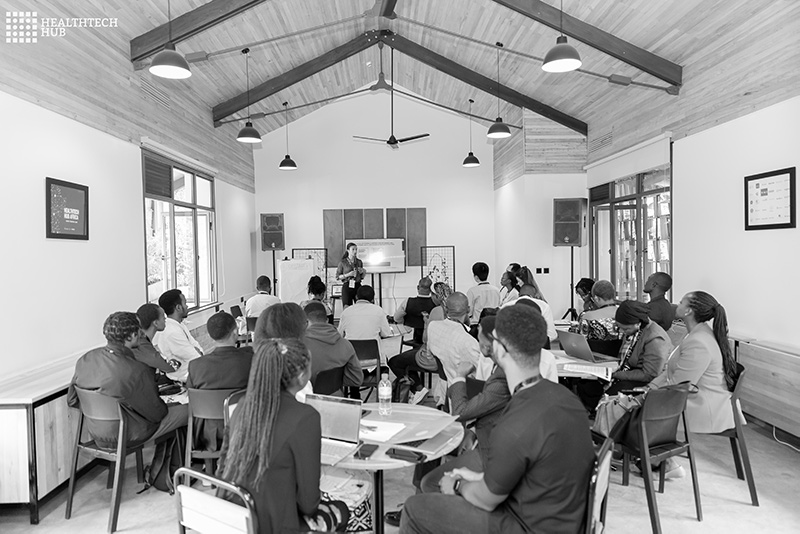The Novartis Foundation through the HealthTech Hub Africa (HTHA), a hybrid pan-African health tech accelerator, launches the #Play4Health call for applications.
The challenge aims to identify one or two innovative health tech solutions to receive a fast-tracking grant(-s) to increase healthy living options for school children in Africa, and as a result – have a long-term positive impact on their cardiovascular health.
A study conducted by the University of Basel, the University of Nelson Mandela in South Africa and the Novartis Foundation found that 40% of school children in the disadvantaged communities in and around Port Elizabeth, South Africa, did not meet international physical activity recommendations and 30% of them classified as hypertensive.
The purpose of this Challenge is to highlight the main requirements and design principles for HealthTech (HT) innovations to address the priority gaps in the cardiovascular (CV) population health for school children, with the goal to accelerate or scale up two selected solutions (-s) in one or more countries in Africa, and make recommendations for a larger scale up plan upon completion of a successful fast-tracking project. Solutions building on the findings of the KaziBantu initiative are encouraged.
This grant opportunity is the result of collaboration between the HealthTech Hub Africa and the 2023 Africa Digital Health Summit.












